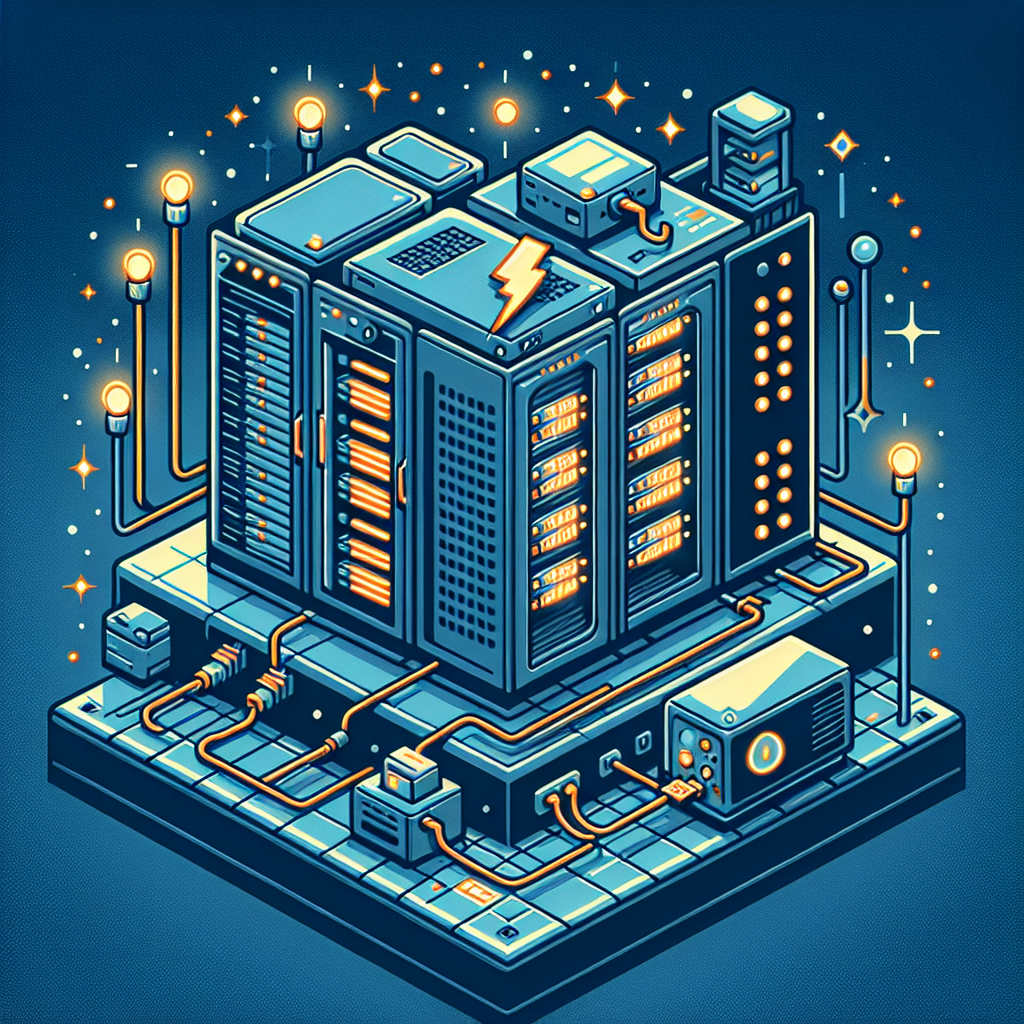Fix today. Protect forever.
Secure your devices with the #1 malware removal and protection software
In today’s digital age, data centers play a critical role in the functioning of businesses and organizations. These facilities house servers, networking equipment, and storage systems that are essential for storing and processing data. However, data centers are not immune to disruptions such as power outages, which can have a significant impact on their operations. This is where backup power systems come into play.
The role of backup power in data center resilience cannot be overstated. In the event of a power outage, backup power systems ensure that critical infrastructure remains up and running, minimizing downtime and preventing data loss. There are several types of backup power systems commonly used in data centers, including uninterruptible power supplies (UPS), generators, and fuel cells.
UPS systems are essential for providing immediate power backup in the event of a power outage. These systems are designed to provide a seamless transition to battery power when the main power source fails, ensuring that critical equipment remains operational until a generator or alternative power source can be activated. UPS systems also help regulate power fluctuations and protect equipment from surges and spikes.
Generators are another key component of backup power systems in data centers. These devices are capable of providing long-term power backup during extended outages, ensuring that data center operations can continue uninterrupted. Generators are typically powered by diesel fuel or natural gas and are capable of supplying power for extended periods of time.
Fuel cells are a newer technology that is gaining popularity in data centers as a backup power source. These devices generate electricity through a chemical reaction between hydrogen and oxygen, producing clean and reliable power. Fuel cells are highly efficient and environmentally friendly, making them a sustainable option for backup power in data centers.
In addition to providing immediate power backup during outages, backup power systems also play a crucial role in maintaining data center resilience. By ensuring that critical infrastructure remains operational, backup power systems help prevent data loss, system downtime, and potential financial losses for businesses and organizations.
In conclusion, the role of backup power in data center resilience is essential for ensuring the continuous operation of critical infrastructure and minimizing the impact of power outages. By investing in reliable backup power systems such as UPS, generators, and fuel cells, data centers can enhance their resilience and ensure that they can continue to support the needs of businesses and organizations in an increasingly digital world.
Fix today. Protect forever.
Secure your devices with the #1 malware removal and protection software

Leave a Reply
You must be logged in to post a comment.